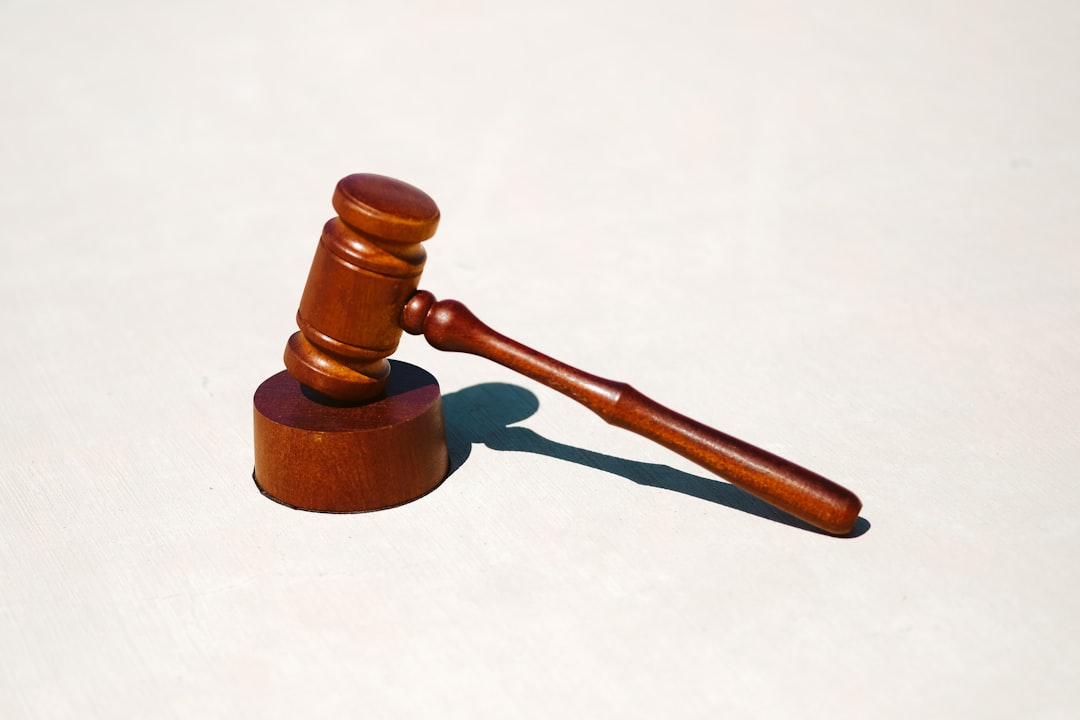Tampa, Florida's stringent daycare licensing process prioritizes child safety and well-being through staff ratios, education, facility conditions, and background checks, preventing neglect and abuse, including sexual assault. Regular inspections ensure compliance with health and safety standards, empowering caregivers to identify hazards and promoting proactive measures, even consulting child sexual assault lawyers if violations occur. Licensing is crucial for protecting children in daycare centers, fostering safe environments and addressing concerns raised by Tampa FL child sexual assault lawyers.
In Tampa, Florida, daycare licensing plays a pivotal role in safeguarding children from potential neglect and abuse. Understanding the stringent requirements ensures that facilities meet essential safety standards. This article delves into the intricate process, highlighting how licensing acts as a robust defense against child neglect, including critical aspects like background checks and safety protocols. By exploring these measures, parents can rest assured their children are in capable hands, even as they rely on professional care, especially with the support of child sexual assault lawyers in Tampa FL for any legal concerns.
Understanding Tampa Daycare Licensing Requirements
In Tampa, Florida, daycare licensing is a stringent process designed to ensure the safety and well-being of children in care. Understanding these requirements is crucial for both operators and parents alike. All daycares must meet specific criteria related to staff-to-child ratios, education levels, facility conditions, and background checks. These measures aim to prevent potential child neglect and abuse, especially concerning issues like child sexual assault, for which Tampa has stringent laws and a dedicated team of child sexual assault lawyers.
Licensing also involves regular inspections to verify compliance with health and safety standards. Daycare centers must implement robust policies and procedures to handle emergencies, discipline, and child protection. By adhering to these licensing requirements, Tampa aims to create a safe environment where children can thrive while under the care of qualified professionals.
The Role of Licensing in Child Safety Protocols
In ensuring child safety, daycare licensing plays a pivotal role in preventing potential neglect and abuse. Licensing agencies in Tampa, Florida, implement strict protocols and regulations that all daycare centers must adhere to. These measures include thorough background checks for staff members, regular health and safety inspections, and mandated reporting of any suspicious activities or incidents. By holding daycares accountable to these standards, licensing bodies create a safer environment for children, reducing the risk of physical and emotional harm.
Moreover, licensing requirements often incorporate specific training programs that educate caregivers on child protection and safety protocols. This proactive approach equips them with the knowledge to identify and respond to situations that might otherwise escalate into cases of child neglect or worse, even prompting individuals to seek legal counsel from reputable child sexual assault lawyers in Tampa FL should any violations occur. Such steps contribute significantly to the overall well-being of children under their care.
How Licensing Prevents Neglect and Protects Children
Licensing plays a pivotal role in preventing child neglect and safeguarding young lives. In the context of Tampa daycare centers, licensing acts as a robust safeguard by setting stringent standards for facility operation, staff qualifications, and safety protocols. Regular inspections ensure that daycares adhere to these crucial guidelines, fostering an environment conducive to children’s well-being.
Through licensing, potential risks, including neglect and abuse, are proactively addressed. Tampa’s licensing regulations encompass a wide range of critical areas, such as staff-to-child ratios, emergency preparedness, health and safety measures, and behavior management practices. By holding daycares accountable to these standards, it becomes easier for authorities to identify and rectify any concerning issues, ultimately preventing instances of child sexual assault and other forms of neglect that may occur in unlicensed or poorly regulated settings. This proactive approach ensures the well-being and security of children under their care.






